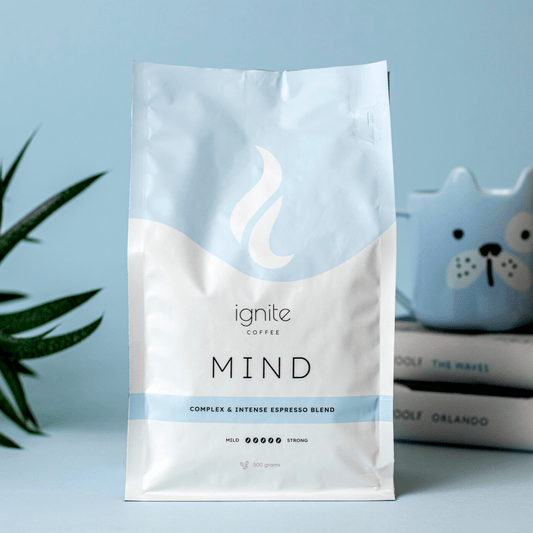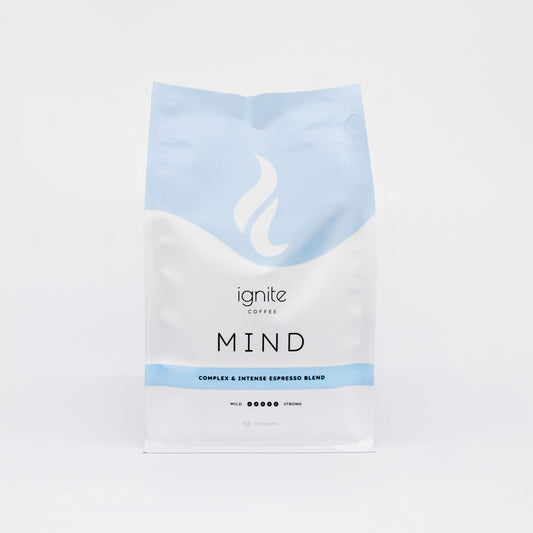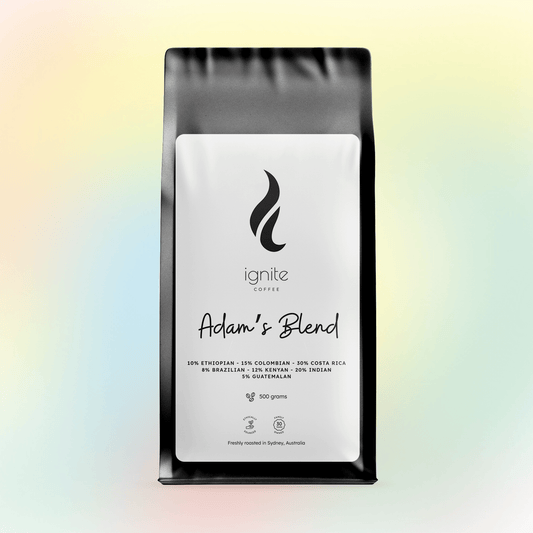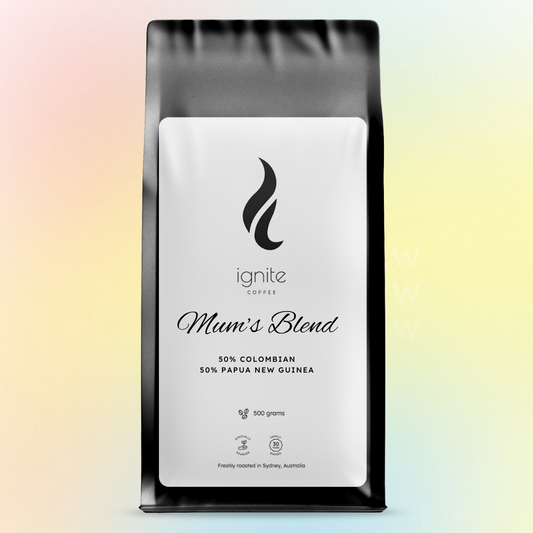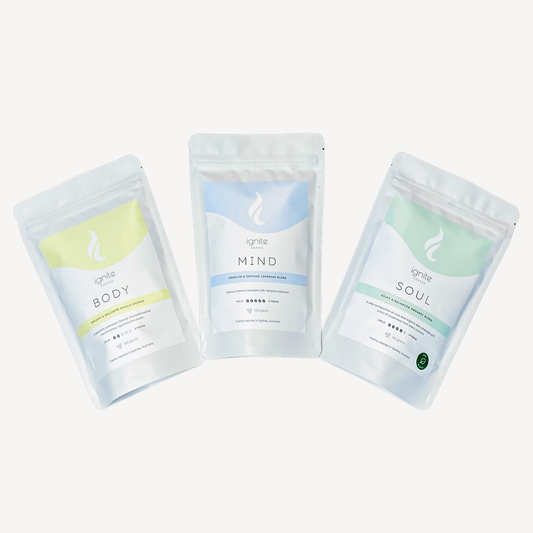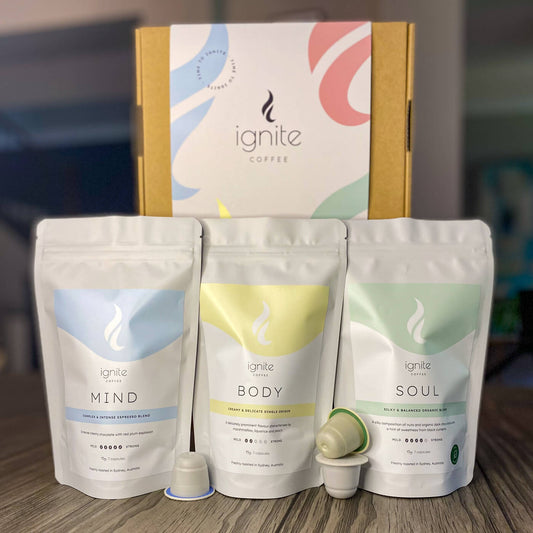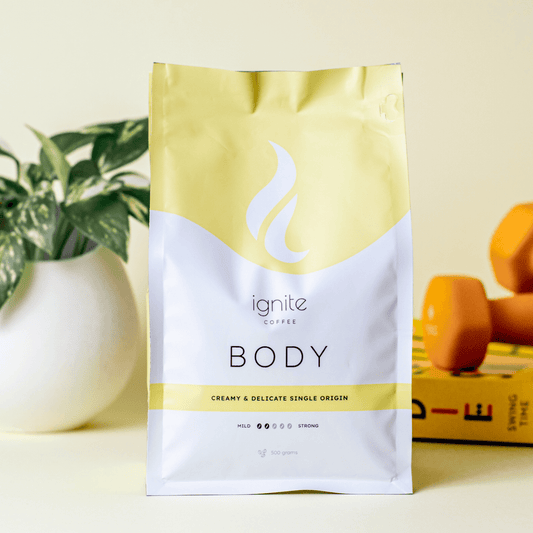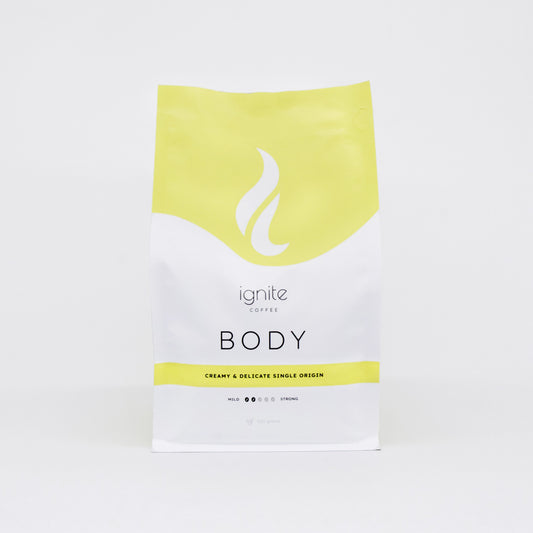As a coffee roaster we get asked all types of questions, so here is our chance to answer some of the more common questions.
Will coffee break your fast?
- Black coffee during fasting is generally okay in moderation. It contains very few calories and is unlikely to break your fast. However, avoid adding high-calorie ingredients to your coffee during fasting periods.
Will coffee stain clothes?
- Yes, coffee can stain clothes due to its natural dye called tannin. Tannins bind to fabric fibers and create lasting discoloration. To remove coffee stains, rinse with cold water for fresh stains or use laundry stain removers for older stains.
Will coffee keep you awake?
- Absolutely! Caffeine in coffee blocks sleep-promoting receptors in your brain, helping you stay alert and awake.The half-life of caffeine is between 4 to 6 hours, so it can potentially affect your sleep if consumed close to bedtime.
Will coffee increase blood pressure?
- Caffeine can cause a short, dramatic increase in blood pressure, even if you don’t have high blood pressure. Some people develop a tolerance to caffeine, while others may experience a higher average blood pressure due to regular consumption.
Will coffee wake you up?
- Yes! Caffeine in coffee blocks sleep-promoting receptors, keeping you alert and awake.
Will coffee increase blood sugar?
- Black coffee itself does not significantly impact blood sugar levels. However, be cautious with added ingredients like sugar or syrups, which can affect blood sugar.
Are coffee grounds good for the garden?
- Using coffee grounds in your garden can be a bit of a mixed bag. While they are often recommended for improving soil, research shows that the results can vary and may infact inhibit growth when grown with coffee. However, coffee grounds can still be beneficial if used with care. They are an excellent compost ingredient, rich in nitrogen, and can help suppress weeds and repel pests. Mixing them with other organic matter like manures or garden waste can create a fantastic compost mix for your garden
Are coffee beans GST-free?
- Yes! Coffee beans, whether green, roasted, whole bean, ground, or instant, are GST-free in Australia. However, once they become “wet” (such as in iced coffee or takeaway coffee), they attract GST.
Can coffee make you tired?
- Coffee itself won’t instantly make you feel tired, but the caffeine it contains may lead to fatigue after regularly drinking it over time. Caffeine increases alertness by blocking a brain chemical called adenosine, which makes you feel tired. Simultaneously, it triggers the release of adrenaline, known to boost energy.
Can coffee cause diarrhea?
- Yes, coffee can trigger diarrhea due to its caffeine content. Here’s why: Caffeine speeds up peristalsis, the muscle contractions that move food through the digestive tract. This can result in symptoms like diarrhea and stomach cramping. Both caffeinated and decaf coffee stimulate the production of a hormone called gastrin, which signals the stomach to release gastric acid. Gastrin promotes digestion and may contribute to the urge to go to the toilet after drinking coffee. The gastrocolic reflex, triggered by eating or drinking, stimulates movement in the gastrointestinal tract. Drinking coffee with breakfast can be enough to trigger the need to ‘go’.
Can coffee cause anxiety?
- Caffeine can cause effects similar to anxiety symptoms, including nervousness and a fast heart rate. If you consume too much, you may experience caffeine-induced anxiety. High doses of caffeine are known to induce anxiety symptoms, especially in people with panic disorder or social anxiety disorder. Gradually reducing caffeine intake and staying hydrated can help manage withdrawal symptoms.
How Coffee Is Decaffeinated?
- Coffee beans naturally contain caffeine, but they can be processed to remove most of the stimulant, creating decaffeinated coffee. The most common methods of decaffeination involve chemical solvents like ethyl acetate or methylene chloride. In the direct method, beans are steamed and rinsed repeatedly with the solvent. In the indirect method, the solvent treats the caffeine-laden water in which the beans have soaked. Another method, the Swiss Water Process, uses water and carbon filtration to remove caffeine without chemicals. It’s commonly used for organic coffee beans.
How Coffee Beans Are Made?
- Coffee beans come from plants (usually Arabica or Robusta). The process involves several steps:
- Planting: Seeds are planted during the rainy season in shaded beds with rich soil. Some beans require specific elevations.
- Harvesting: After 3-4 years, coffee cherries (bright or dark red) appear. They are hand-picked or machine-harvested.
- Processing: Coffee cherries are processed using methods like wet or dry processing to remove the outer layers and reveal the beans inside.
- Roasting: The beans are roasted to develop flavour and aroma.
How Coffee Was Discovered?
- Legends suggest that an Ethiopian goatherd named Kaldi discovered coffee. His goats acted strangely after eating coffee cherries. Around 850 CE, Kaldi sampled the berries himself and felt exhilarated. Coffee plants were later taken to southern Arabia (Yemen) and cultivated. Sufi monks brewed coffee as a beverage, using its stimulation for prayer. Despite some religious prohibitions, coffeehouses emerged, becoming hubs for discussion and culture.
How Coffee Works?
- Caffeine, the key compound in coffee, is a psychoactive substance. It blocks adenosine receptors in the brain, enhancing the release of the neurotransmitter acetylcholine. This leads to increased energy, alertness, and mood.
What Coffee Has the Least Milk?
- Among popular coffee drinks, the one with the least milk is the espresso. It’s a concentrated shot of pure coffee made by forcing hot water through finely ground coffee beans. No milk is added, resulting in a strong and bold flavour. You can enjoy it as a single shot or in various espresso-based drinks. If you need to add a little milk then go for a Piccolo Latte or a Macchiato.
What Coffee Has the Most Caffeine?
- Generally, Robusta coffee beans contain more caffeine than Arabica beans.
What Coffee Does to Your Body?
- Coffee has several effects on your body:
- Boosts Energy: Caffeine in coffee blocks fatigue-inducing receptors, increasing alertness and energy levels.
- May Lower Diabetes Risk: Regular coffee consumption is linked to a lower risk of type 2 diabetes due to its impact on insulin sensitivity and inflammation.
- Brain Health: Some studies suggest coffee may protect against neurodegenerative disorders like Alzheimer’s and Parkinson’s.
- Coffee is rich in antioxidants and has various potential health benefits
Which coffee beans are the best ?
- In my opinion Ignite Coffee is the best. My favourite coffee is the MIND espresso Blend
Why Coffee Tastes Bitter:
- Bitter coffee can be attributed to two main factors:
- Bad Beans: If you’re using low-grade, robusta species, or super dark roast beans, they tend to taste bitter. Unfortunately, there’s not much you can do to fix this. Opt for specialty-grade beans, which are of the highest quality, to avoid bitterness. Ignite Coffee SOUL blend is the highest quality organic Arabica beans.
- Bad Brewing (Over-Extraction): Over-extracted coffee usually results in bitterness.
- Finely Ground Beans: If your coffee grounds are too fine, they extract flavors too quickly, including the bitter ones.
- Brew Time Too Long: Passing the sweet spot of brewing time leads to extra bitterness.
- Water Too Hot: Water above 205°F (95°C) over-extracts bitter flavors.
- Too Much Water: Using too much water per coffee ground results in over-extraction.
Why Coffee Tastes Sour:
- Sour coffee is usually due to under-extraction. Here’s why:
- Coarse Grind Size: Large coffee grounds take longer to extract, leading to under-extraction.
- Short Brew Time: Not brewing long enough means not all flavors balance out the acids.
- Cool Water: Water below 195°F (90°C) won’t extract flavors properly.
- Insufficient Water: Incorrect coffee-to-water ratio results in under-extraction.
Note: Specialty coffee beans may taste more acidic initially, but your taste buds will adjust to the enhanced flavours so ensure you buy from Ignite Coffee to ensure you are getting the freshest and tastiest coffee.


